
| Home | What's New | China with Kids | | Plan Your Trip | Top Destinations | China Tours | | Chinese Culture | Chinese New Year | China Facts | | Books and Resources | Site Map | About Green Travel in ChinaGreen travel, ecoutourism, sustainable travel, reducing our carbon footprint, we are hearing these terms more and more these days, but what does it all mean? How can we all become responsible travelers?
We asked William Smith, from Whole Travel, a portal for discovering sustainable travel opportunities, to answer a few questions on these very topics, and I think you will find his answers helpful and interesting. Enjoy! 1) What is sustainable travel in the simplest terms? How can we explain what green travel means to our children?Sustainable travel is tourism that preserves the environment while respecting and benefiting local communities both today and into the future.It can include nature trips to ecologically sensitive areas, visits to cultural heritage sites and even stays in urban centers. Ecotourism is one part of sustainable travel. To us, sustainable travel means visiting incredible places, meeting great people and creating memorable experiences and adventures. 2) What are some examples of practices in which hotels/travel suppliers engage in sustainable travel?Green Travel practices include:
3) What are some simple ways travelers and children in particular can get involved and learn about Green Travel?Travelers can get involved in a number of ways, here are some Green Travel tips which can be applied to your travels in China or anywhere else:
4) Environmental consciousness is reputed to be low in China. What is the status of green travel here?China is working towards a more sustainable future. Right now, China is hugely dependent on coal for its power and therefore needs to and is developing ways to use renewable resources like solar, wind, bio-diesel, and hydroelectric power instead of coal.China's goal is to increase reliance on these renewable resources to 16% by 2020. Other goals include reducing energy consumption per unit of GDP as well as completing a plan called "Top-1,000 Program," to improve energy efficiency of the 1,000 largest enterprises. These sustainable goals need to extend to and be adapted by China's travel sector as well through energy and water conservation and greener practices. Fortunately, the green travel trend is on the rise, and China is committed to increase the number of green, energy-efficient and environmentally-friendly hotels. The Yangshuo Mountain Retreat is a good example of a Chinese hotel dedicated to sustainability. It has drilled its own well to lessen its dependence on water resources in the area, has hired staff from neighboring villages, and plans to replace coal with alternative energy, to name a few of its sustainable practices. Another example of a green hotel is the Songjiang Hotel, which incorporates sustainability through green roofing as well as geothermal energy extraction. There's also the URBN Hotel in Shanghai, China's first carbon neutral hotel. 5) What are some ways that we as travelers can participate in supporting the local communities in China?The biggest way travelers can support local communities is through ecotourism, meaning they can and should travel off the beaten path to cities and towns whose cultural diversity, animals, and people are at risk of disappearing due to rapid economic expansion, urbanization and mass-tourism.Wenhai Ecolodge and Alou's Tibetan Lodge are two good examples of lodges based on ecotourism.
We want to thank William Smith again for taking the time to answer our questions on sustainable travel and his views on Green Travel in China. We hope that he has given you some great ideas and opened your eyes to ways we can all become better travelers in the future.
China Travel Guide: Plan Your Trip to China a Step by Step Guide |
Choosing a China Tour Operator China Guided Tours and Sample Itineraries
You are here: Home > Plan your Trip to China > China Travel with Children > Green Travel in China Thank you for visiting China Family Adventure! |
"Must Do" China AdventuresBy Viator
|
|
|
|
||
|
| Site Index | About Us | Disclaimer | Privacy Policy | Contact Us | Affiliate Disclosure: Some links on this page are affiliate links. We receive a small commission when you book travel or buy products from our affiliates. This helps us with our running costs of maintaining the site and helps us sponsor children in need through SaveTheChildren.org Thank you for your support! Copyright © 2022 by M. Hoffmann www.china-family-adventure.com - All rights reserved.
|
||


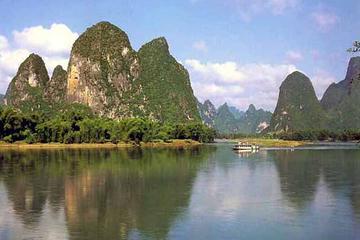
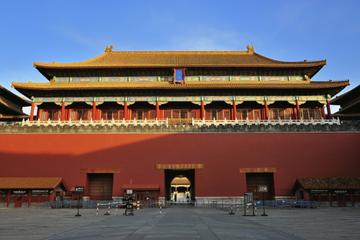
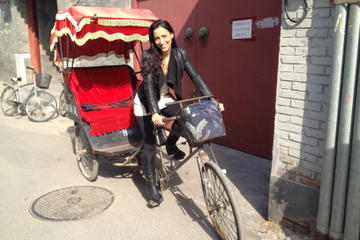
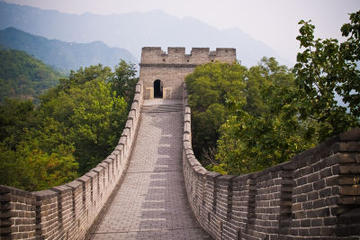
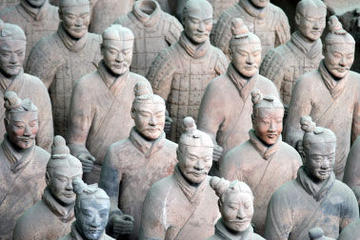
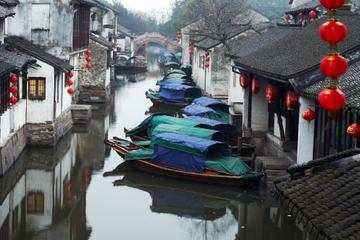
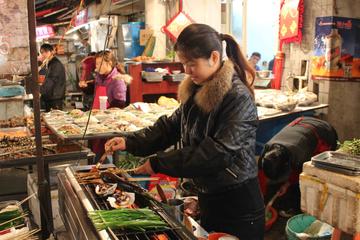






Got a tip?
Got something to share? Let us know!